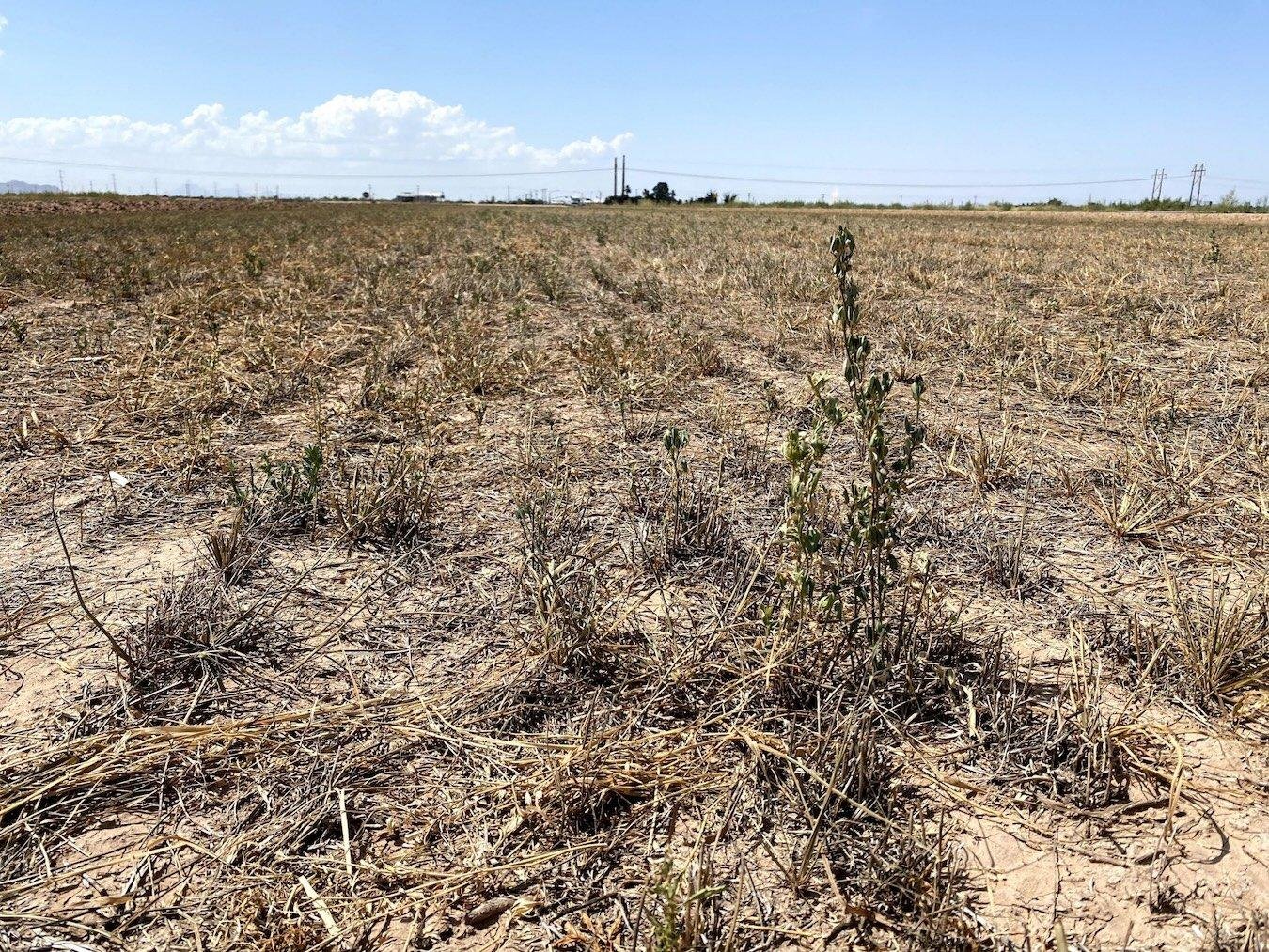Business
COP29 Fallout: A Disappointing Global Pact Leaves Everyone Discontented

At the recent COP29 conference in Baku, Azerbaijan, diplomats from nearly 200 countries congregated to tackle a pressing issue: climate finance. Never before has monetary commitment been so prominently featured in a United Nations climate summit. World leaders have long recognized the necessity for increased investments in renewable energy and infrastructure to combat the effects of climate change like droughts and floods. However, translating this consensus into actionable commitments remains fraught with difficulty.
Unlike the historic Paris Agreement in 2015, which set a clear target for global warming, the outcome of COP29 left many feeling disillusioned. Described by officials as “agonizing” and “toxic,” the discussions showcased a stark divide between wealthy nations, primarily the U.S., U.K., and EU, and developing countries from Africa, Asia, and Latin America. Ultimately, a deal was struck that most delegates found unsatisfactory; despite anger from nations like India, Kenya, and many island states, no participant opted to veto the agreement.
The “New Collective Quantified Goal” emerged from the negotiations, wherein rich countries pledged to triple climate aid deliveries by 2035, aiming for $300 billion annually. It also aims at raising an astonishing $1.3 trillion in global climate investments, without detailing specific strategies for achieving these targets. This funding is intended for varied projects, from renewable power plants to disaster relief efforts. A notable aspect of the agreement is recognition of contributions from emerging powers like China and South Korea alongside traditional donors.
Tensions rose during the marathon discussions, which extended well beyond the scheduled end of the conference. Some Western leaders expressed satisfaction, even as many from developing nations derided the deal as inadequate—one envoy from Bolivia labeled it “a joke.” António Guterres, the UN Secretary-General, echoed this sentiment, expressing hope for a more ambitious outcome while recognizing the significance of bridging complex negotiations in a polarized geopolitical landscape.
The roots of this discord extend back to the ill-fated 2009 Copenhagen talks, where developed countries pledged $100 billion annually to assist poorer nations. With rich nations failing to meet this target, developing countries felt emboldened to advocate for increased aid—particularly for projects aimed at adaptation to climate effects. However, the terms outlined at COP29 largely perpetuated the previous commitments without fulfilling the urgent need for change.
The insistent push from countries like the U.S. and U.K. to limit funding to loans rather than grants further fueled dissatisfaction among developing nations, which often grapple with increasing debt burdens. As discussions progressed, frustrated delegates raised concerns over the sufficiency of the proposed financial goals, demanding a more equitable commitment in the interest of climate justice.
Amid chaotic negotiations, representatives resorted to late-night drafting sessions and mustered efforts to reassure global audiences by making slight concessions. With significant pressure from developing nations, some adjustments were made to the text, but critics cautioned that these changes fell short of addressing fundamental issues, particularly concerning the fragility of rising sea levels and agricultural collapse in vulnerable regions.
The final agreement, applauded by wealthy nations, received scathing criticism from smaller island states and countries facing significant climate impacts, who advocated for more considerable commitments and immediate resources. Reflecting on the outcome, climate negotiators voiced the necessity for future financial structure overhauls. As negotiations concluded, the prevailing sentiment among advocates was that while incremental progress was made, the responses to immediate climate action needs remain far from adequate.
In essence, despite acknowledging the flaws in current financial frameworks during the COP29 conference, actual commitments to change proved elusive. Moving beyond mere promises will require sustained international cooperation and robust political will, the absence of which remains a significant obstacle for impending climate action.


















